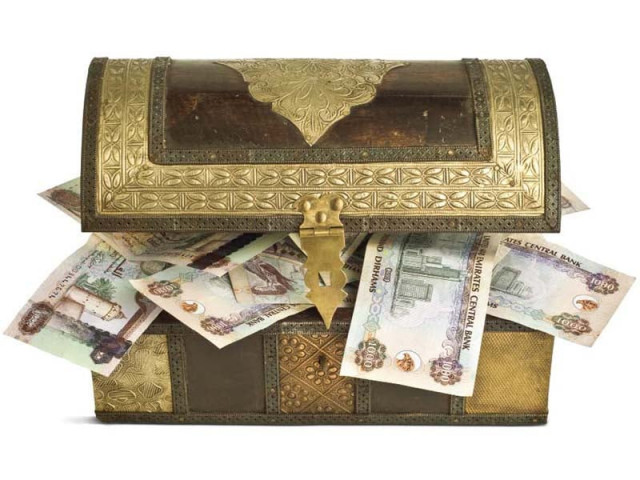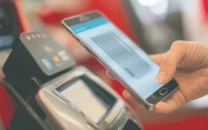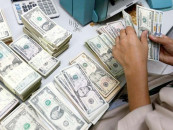Kosher money: Islamic micro finance fails to take centre stage
There is huge untapped potential in the Pakistani market.

Despite the extraordinary potential in the country, financial institutions in Pakistan are still not taking Islamic micro financing seriously, said Al Baraka Bank Chief Operating Officer Ahmed Shuja Kidwai.
Speaking about the state of this budding sector in Pakistan, he said that Islamic micro finance is particularly important for Pakistan because it’s a developing economy and has a huge untapped market. In fact, even traditional modes of micro finance are growing at much slower rates than anticipated. The State Bank of Pakistan is paying special attention to this sector of banking but so far the response has been less than satisfactory.
Kidwai said that he was one of those managers who believe in learning the fundamentals of a market and exploring how to make it into a success.
Al Baraka Bank, with 89 branches in Pakistan, is in a better position now to pursue small and medium size businesses that can grow with Islamic micro financing, he said, adding that his bank has plans to focus on this market in 2012.
Citing the example of Italy, he said the country had given micro financing to its small and medium size industries, after World War II, which have since then grown into mega corporations. There were many car parts manufacturers with small facilities and now they are major car parts manufacturers of the world, he said.
Pakistan also has the examples of Iran, India and Malaysia which have grown their industries through micro financing in just 10-15 years, added Kidwai.
He explained his rationale with practical examples of how microfinance can work as an economic catalyst for growth. “Suppose, five car mechanics work in a garage at a salary package of Rs25,000 a month. If they all start their own shops, they will work more and gradually start earning more than their job; this would also encourage competition in the market.
“It is not too difficult to comprehend. When people get loans to start or expand their business, they think 24-hours a day for their business compared to an 8-hour routine job,” he explained, “Gradually, these small businesses expand into something bigger and may eventually turn into corporations.”
“With the prevailing difficult economic conditions in the country, I think Islamic micro finance is the best way out for Pakistan,” Kidwai said.
State Bank of Pakistan, Director Islamic banking, Saleem Ullah Khan said that the central bank expects growth in Islamic microfinance, but unlike banks, right now, NGOs are more active in Islamic micro financing in Pakistan.
There are half a dozen NGOs in Pakistan that are active in Islamic micro financing but there is less activity in the formal banking sector, he said, adding that the central bank gives priority to microfinance sector which also includes Islamic microfinance.
“The growth in Islamic micro financing has been slow but its recognition is growing in the country,” he said.
Adviser to Karachi Chamber of Commerce and Industry on Banking and Insurance, Ateequr Rehman said that growth in Islamic banking and Islamic micro financing is crucial for the growth of the middle and lower-middle class of Pakistan.
“With a high unemployment rate in the country, we really cannot give jobs to all our youth. This is the time when we must encourage entrepreneurship in the country and this is possible through Islamic micro financing,” Rehman said.
Published in The Express Tribune, December 12th, 2011.



















COMMENTS
Comments are moderated and generally will be posted if they are on-topic and not abusive.
For more information, please see our Comments FAQ